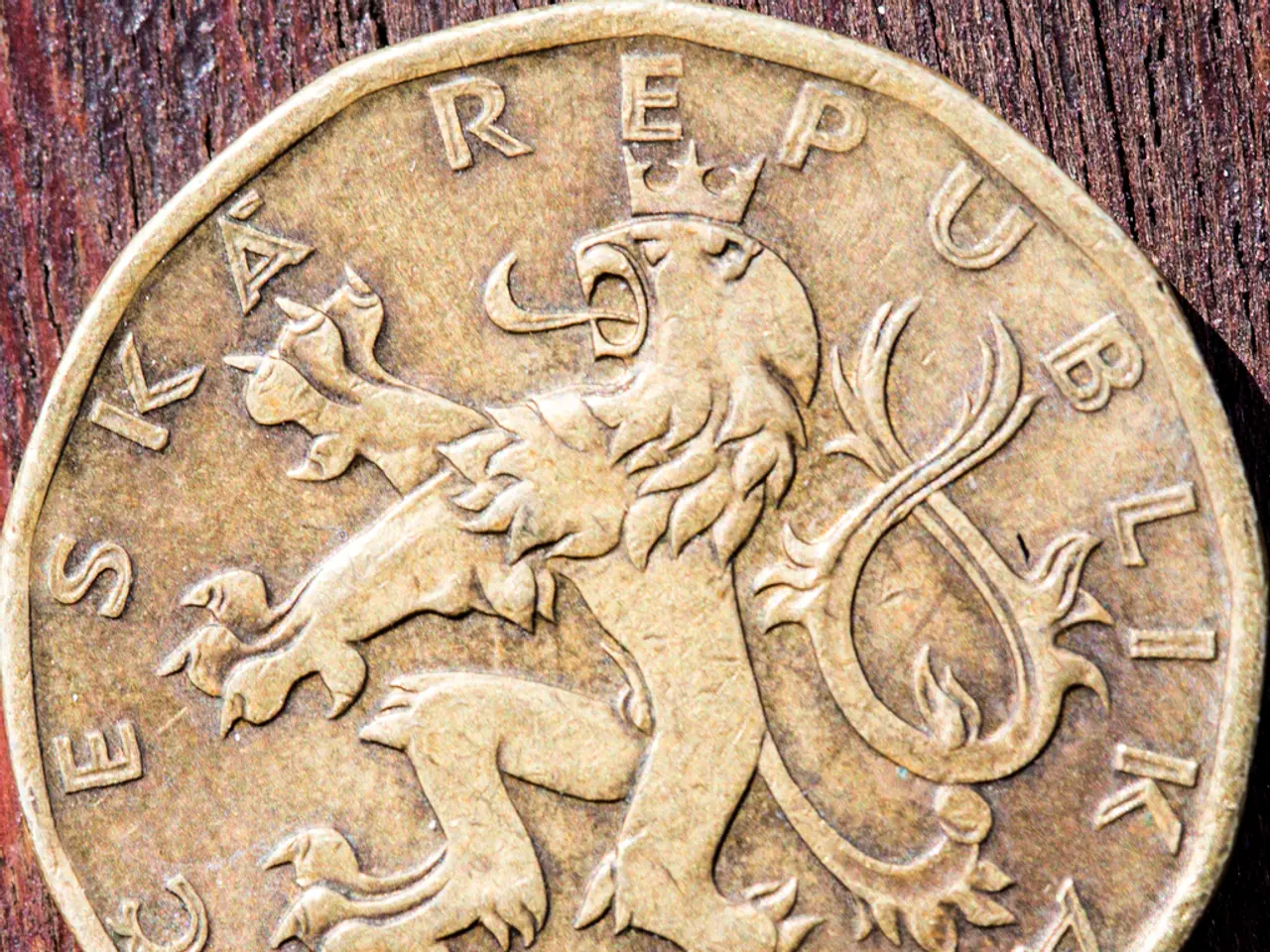Australian Traveler Discovers Unsuitable Exchange in Bali, Challenges Counter Worker Afterward
Headline: Tourist Warns of Currency Exchange Scam in Bali, Indonesia
In a recent incident, an Australian tourist found herself a victim of a long-standing scam at a currency exchange center in Kuta, Bali. The scam, which has been ongoing for over 30 years, involves shortchanging tourists, as was the case with this tourist who lost approximately $600,000 IDR (around AUD$94).
The tourist visited the center on Monday, lured in by false exchange rates on the signage at the front. The vendor fumbled around and eventually handed the woman a wad of notes from his drawer. However, it was only after leaving the shop that she and her partner discovered they were missing the significant amount.
The scam is not uncommon in Bali, with some social media users reporting similar experiences in the region, particularly in Ubud. Another tourist lost approximately AUD$100 in a similar scam.
To avoid falling victim to such scams, it is advisable to follow these key precautions:
- Use authorized and licensed money changers or banks, ideally those displaying "AUTHORIZED MONEY CHANGER (resmi)" signs and certificates from Bank Indonesia. Avoid street kiosks or suspicious places offering rates that seem too good to be true.
- Confirm the exchange rate beforehand and calculate the expected amount yourself. Always demand a printed receipt detailing the transaction.
- Have the transaction done in front of you and watch carefully as the bills are counted. Recount the money yourself immediately before putting it away to avoid distractions or sleight of hand.
- Avoid small or unknown bank ATMs due to high commission fees and possible card skimming risks. Use ATMs of major banks like Bank Negara Indonesia (BNI) or Bank Central Asia (BCA).
- Check the reputation of the money changer, preferably choosing ones located inside malls or hotels with visible business names and positive reviews. If unsure, walk away and find another place.
- Notify your own bank before traveling to Bali to avoid transaction blocks and consider setting smartphone notifications for card activity.
By taking these steps—preparing in advance, staying vigilant during exchanges, and preferring official channels—you can significantly reduce the risk of falling victim to currency exchange scams in Bali.
It is also important to note that vendors in Bali may act innocent when confronted about the scam but may respond apologetically when threatened with police involvement. In a TikTok video, one tourist accused a converter of conning her, saying, "My (IDR) $600,000, you dropped inside. I'm putting it on the internet now."
This incident serves as a reminder for tourists to stay cautious when exchanging currency in Bali, Indonesia. By being aware of the scam and taking the necessary precautions, you can ensure a safe and enjoyable trip.
[1] Indonesian Embassy, Australia. (n.d.). Money Exchange. Retrieved from https://www.indonesia-embassy.org.au/money-exchange/
[2] Bali Tourism Board. (n.d.). Currency Exchange Scams in Bali. Retrieved from https://balitourismboard.org/currency-exchange-scams-bali/
[3] ABC News. (2021, August 10). Australian tourist scammed out of $600,000 in Bali. Retrieved from https://www.abc.net.au/news/2021-08-10/australian-tourist-scammed-out-of-600000-in-bali/100395184
[4] Smart Traveller. (n.d.). Money Matters. Retrieved from https://www.smartraveller.gov.au/guide/indonesia/before-you-go/money-matters
- In light of the ongoing currency exchange scams in Bali, it's crucial for tourists to investigate trustworthy money changers, such as authorized and licensed ones, as advised by the Indonesian Embassy in Australia.
- As reported by ABC News, general news outlets, and the Bali Tourism Board, tourists are advised to be wary of business practices involving crime and justice, like the currency exchange scams that have been happening in regions like Ubud for over 30 years.
- To ensure a secure and enjoyable lifestyle while traveling in Bali, tourists should be vigilant about the businesses they entrust their money to, and follow guidelines such as using official channels, confirming exchange rates, and staying aware of potential risks, as suggested in the Smart Traveller guide.






